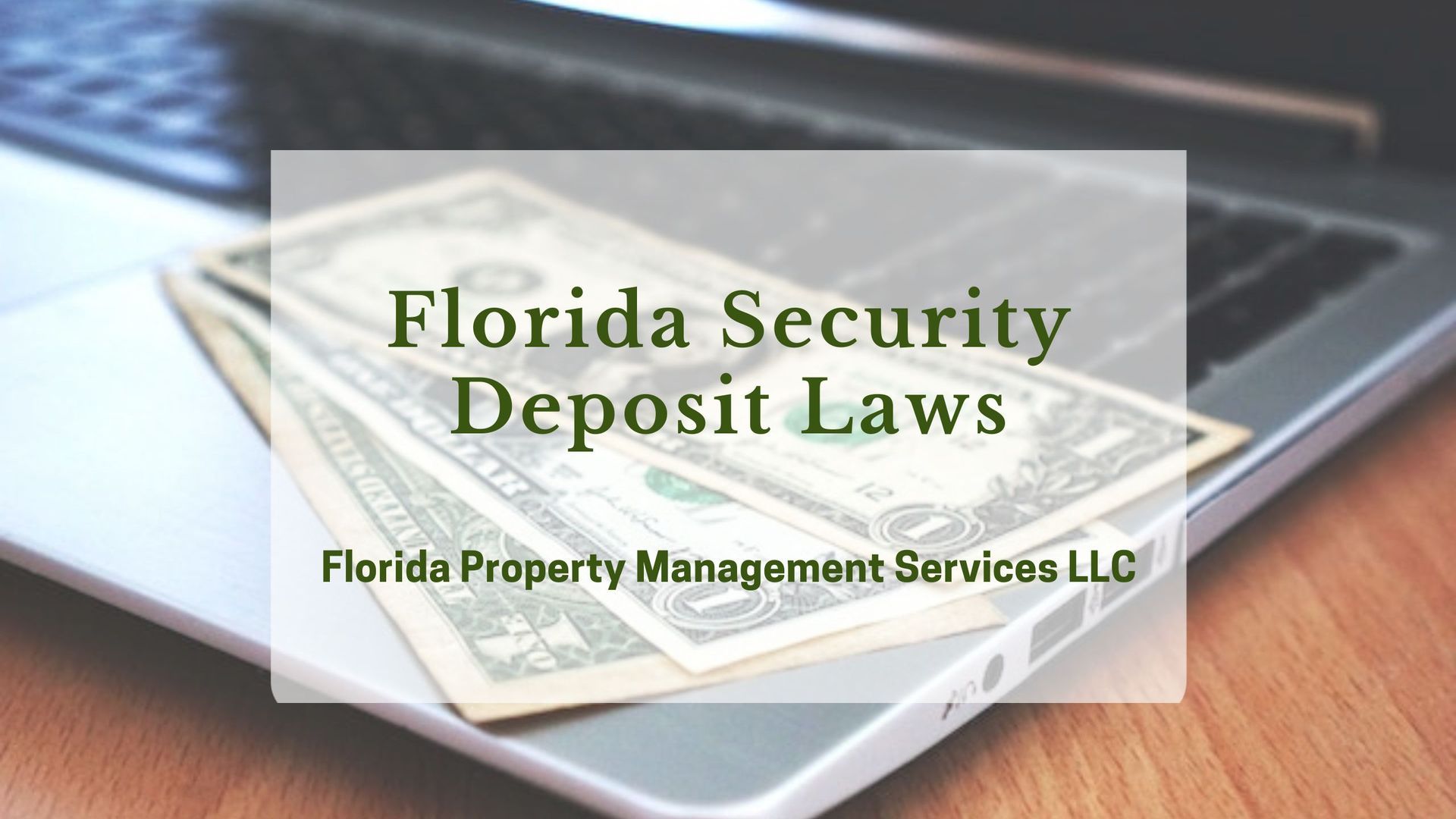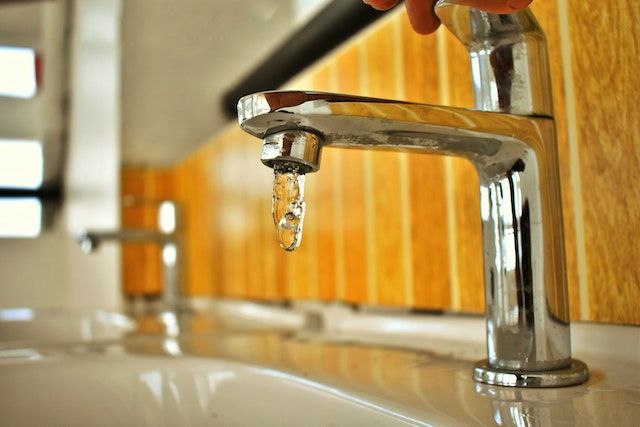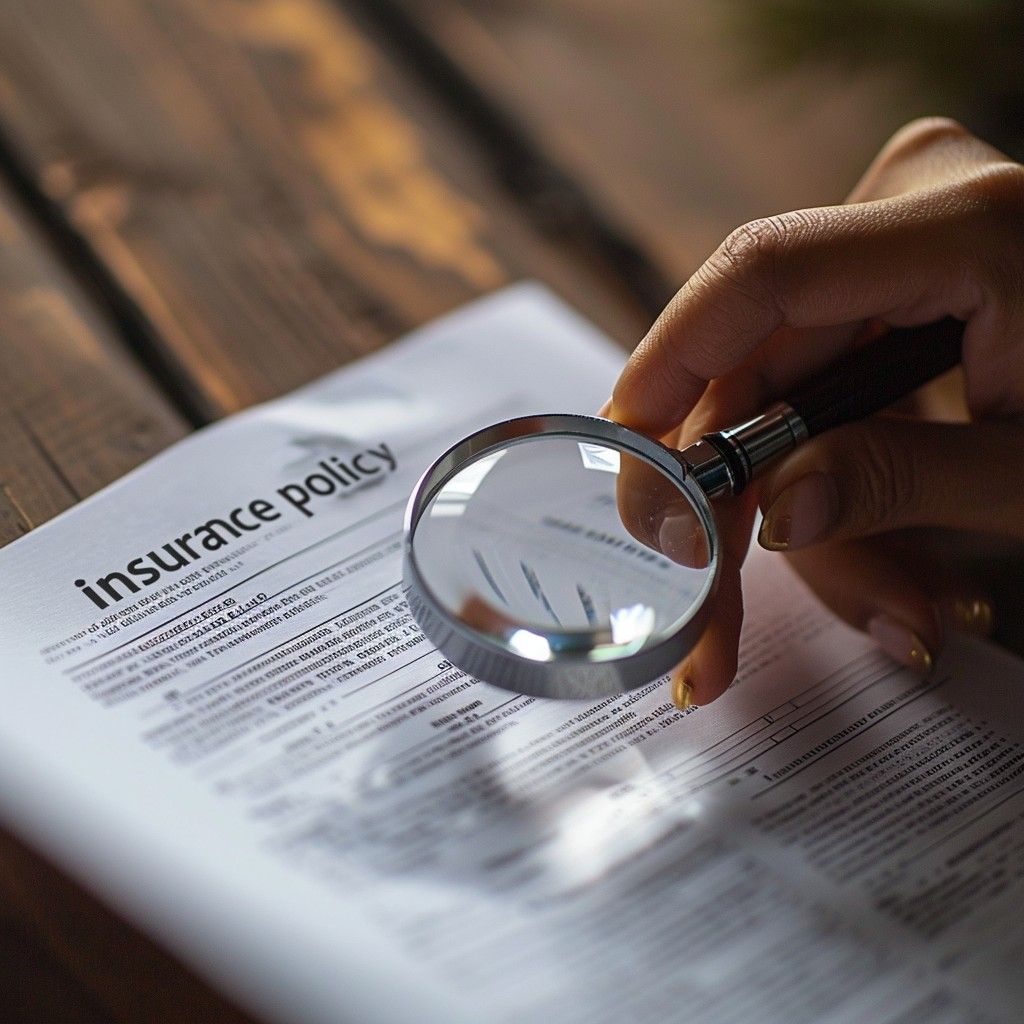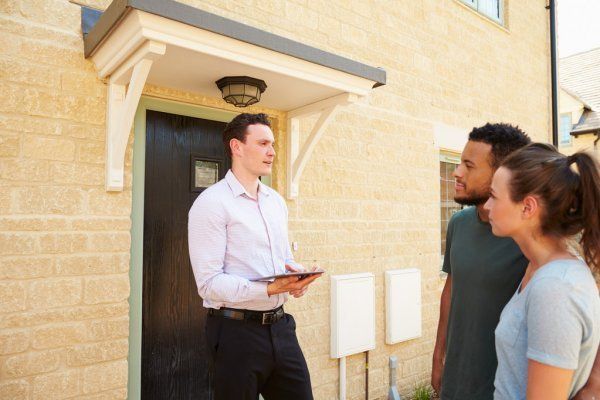Florida Security Deposit Laws

Living in Florida has sunny perks, from the warm weather year-round to inviting communities. If you're considering investing in rental property, getting familiar with the local rules about security deposits is super important.
Knowing these laws helps landlords and tenants stay on track and avoid unnecessary headaches. After all, a good relationship between a tenant and landlord is like a well-maintained garden—it requires attention and care from both sides.
Landlord and Tenant Rights and Responsibilities
Landlords and tenants have specific rights and responsibilities concerning rental agreements, whether written or oral. These include the right to timely rent payments, a livable dwelling, and more. Florida law permits renters to take on specific landlord responsibilities in writing but not verbally.
Landlord Responsibilities
If you're a landlord in Florida, it's essential to ensure your rental properties are up to snuff regarding health and safety. In plain terms, this means ensuring your tenants have a safe and comfortable living place. Here's a rundown of the basic stuff you need to take care of:
- Heating: When it gets chilly, you need to ensure your tenants don't freeze. That means having a decent heating system that works well and keeps everyone warm.
- Hot Water: Everyone needs hot water, right? Whether it's for a shower or washing dishes, you must ensure your property has a reliable way to provide hot water to your tenants.

- Garbage Containers/Removal: Talking about trash might not be glamorous, but it's necessary. You should provide proper bins for your tenants' garbage and arrange to pick it up regularly. The exact rules might vary slightly, but the basic idea is keeping things clean and tidy.
- Smoke Detectors: This one's a no-brainer. Smoke detectors save lives by alerting tenants to fires early on. You need to have them installed and keep them working. On the other hand, although it's not explicitly required by law in Florida, thinking about carbon monoxide (CO) detectors could also be a good move for extra safety.
- Mold and Pest Control: It's your job as a landlord to keep the property in such a shape that these unwelcome guests don't move in. If mold or pests do show up, you must deal with it ASAP to prevent health issues and keep the place livable.
Doing all this isn't just about following the law—it's about caring for your tenants and ensuring they have a decent place to live. It also helps you maintain a good relationship with your tenants, which is always a plus.
Tenant Responsibilities
Living in Florida means you've got some basic things to look out for to keep your home nice and everyone around you happy. It's just about ensuring everyone can enjoy their space without too much fuss. Here's what you should keep in mind:
- Stay Safe and Sound: You must check your place regularly for anything that might be a safety risk or make living uncomfortable. If something could hurt you or seems off, it's worth a closer look.

- Keep It Clean: No one likes living in a mess. Ensure you throw away your trash regularly, clean up any spills before they attract bugs, and try not to let stuff pile up too much. It's about keeping pests away and ensuring you have a nice place to come home to.
- Look After Your Stuff: Things like your water pipes, heater, and lights must be used correctly. That means no overloading sockets or doing weird DIY fixes on the plumbing. If something breaks or starts wearing out, it is best to tell your landlord immediately. It saves everyone a headache later.
- Be a Good Neighbor: We all want to live somewhere peaceful. Keeping the noise down incredibly late at night and ensuring you're not accidentally wrecking the place goes a long way. It's all about being considerate and remembering everyone wants a quiet, calm place to live.
If things go sideways and these basics aren't followed, it could lead to serious trouble, like moving out. But mostly, it's about doing your part to ensure everyone in the building or neighborhood has an excellent place to live.
Security Deposits in Florida: What You Need to Know
When renting in Florida, handling the security deposit can feel like navigating a maze. There are a few things you want to get straight to avoid any hiccups.

Here's a simplified breakdown:
- No Cap on Deposits: In Florida, there's no limit on how much a landlord can ask for a security deposit. It's up to whatever you agree on.
- Checking the place Out: It's not a must, but it's a good idea for everyone to do a walk-through of the place to note its condition—think scratches, dings, or any issues—before moving in. It just makes things clearer later on.
- Where the Money Sits: The deposit needs to be kept in a bank in Florida. Depending on the lease agreement, it can earn interest or not. Landlords have another option: use a surety bond instead.
- Interest Talks: If the deposit is in an account that earns interest, sometimes that interest might go to the tenant, depending on the agreement.
When It's Time to Move Out
Landlords can use the deposit to cover any unpaid rent, damages other than normal wear and tear, cleaning costs, or other fees you might have agreed upon in the lease.
If there's nothing to deduct, the landlord must return the deposit 15 days after the lease ends.
If there are deductions, they've got 30 days but need to include a detailed list of what's being deducted.
If a landlord misses these deadlines, tenants can sue for the deposit, plus any court costs and legal fees.
Keeping it simple and straight like this can save everyone a lot of headaches and ensure that landlords and tenants know what's what.
Bottom Line
Understanding and complying with Florida's security deposit laws are essential for maintaining healthy landlord-tenant relationships and ensuring the smooth operation of rental agreements.
Landlords and tenants should be aware of their rights and responsibilities, with clear communication and documentation being vital to preventing disputes. Individuals seeking to clarify specific legal aspects or scenarios may find consulting with professionals.
For expert guidance on navigating Florida's security deposit laws and managing your rental properties effectively, contact
Florida Property Management Services LLC.
Our experienced team is here to assist you every step of the way.
Share this post













